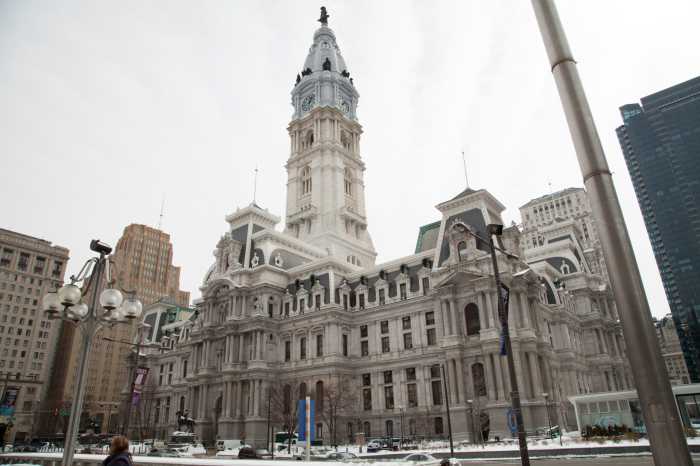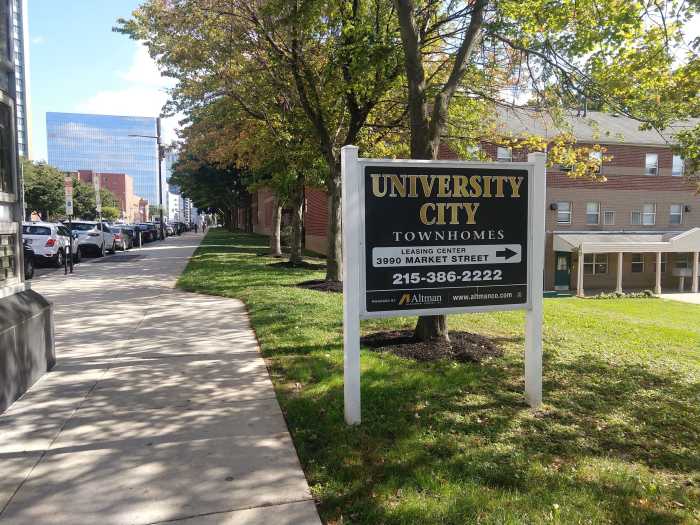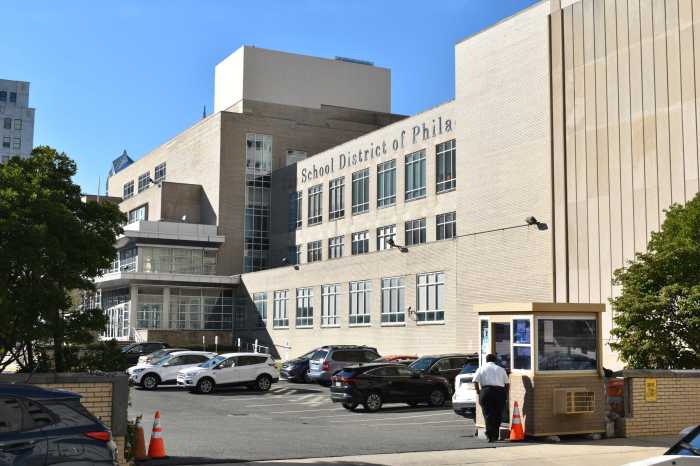Insurance carriers are dropping coverage for some of Philadelphia’s independent pharmacies – threatening their ability to remain open – due to frequent looting and vandalism, representatives from the industry told City Council members last week.
Sunray Drugs, a group of about 20 independent pharmacies, mostly in the city, has experienced nearly 40 looting incidents over the past two years, according to Rob Frankil, executive director of the Philadelphia Association of Retail Pharmacies.
“We have alarm systems,” said Brad Tabaac, owner of Friendly Pharmacy, a Sunray affiliate in Kensington. “We have grates in front of our windows and doors. We’ve done everything we can possibly do to protect ourselves.”
“We’re at risk of having to close some of our stores or all of our stores because we have a lot of exposure financially,” he added. “We have a lot of exposure professionally. And we must have insurance.”
Widespread looting was reported most recently in September, after a judge decided to dismiss the murder case against former Police Officer Mark Dial. Those charges have since been reinstated.
In addition to the insurance issue, independent pharmacies are also being pinched by low reimbursements and rising costs, Frankil told lawmakers.
“This isn’t about getting rich off of health plans across Pennsylvania. This is simply about being able to pay the bills,” he said. “If the big companies like Rite Aid can’t do it, how can the little pharmacies in Philadelphia survive?”
The Nov. 21 hearing, of Council’s Public Health and Human Services Committee, was called to discuss the impact of recent Rite Aid closings. The Philadelphia-based national chain declared bankruptcy last month and has already shuttered 11 stores in the city.
A new list of planned closures, filed last week in court, included a 12th location, at 3620 N. Broad St. Rite Aid has indicated that additional stores could be closed as part of its financial restructuring process.
Health Commissioner Dr. Cheryl Bettigole, testifying at the hearing, said the closures will increase the number of Philadelphians living in ‘pharmacy deserts,’ or low-income, urban neighborhoods where more than a third of the population lives more than a mile away from the nearest drugstore.
“Communities will not receive the same quality of care if and when these pharmacies close,” Bettigole said. “And while online pharmacies are useful to many people, they are not a replacement for brick-and-mortar shops.”
Bettigole referred to independent pharmacies as a “really important network” in providing health services to residents.
Councilmember Cindy Bass, the committee’s chair, said she intends to organize meetings with representatives from the pharmacy industry, health department and police to coordinate a response to the Rite Aid closings and the struggles facing independent stores.
“Conversations are to be continued,” she added. “This is not a one and done.”




























